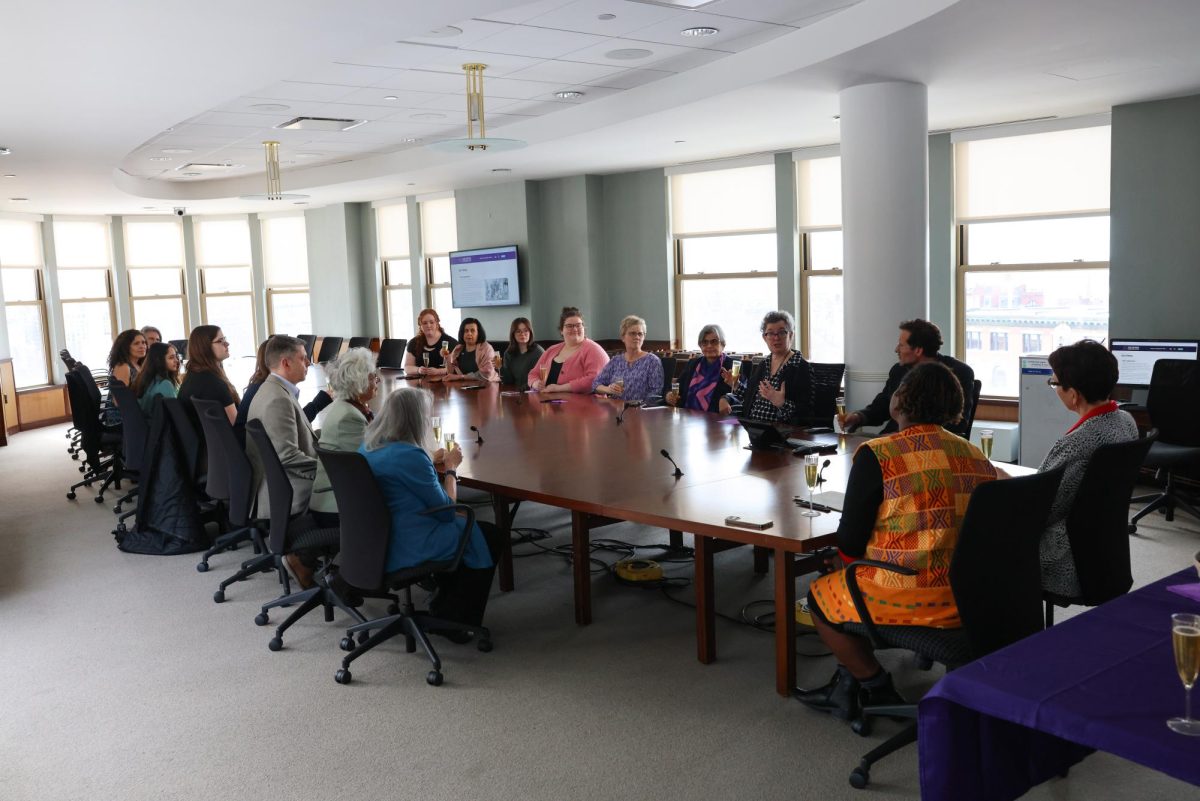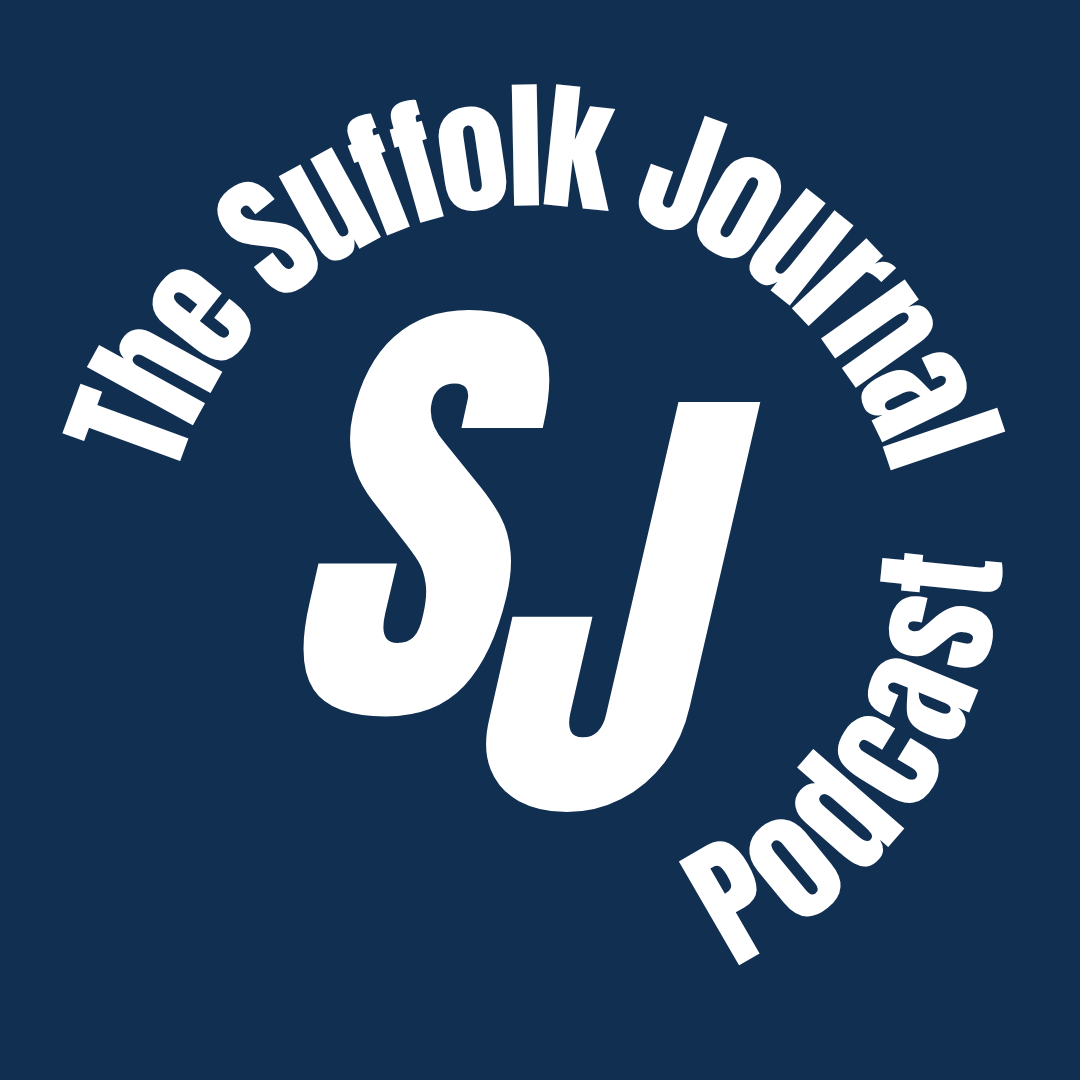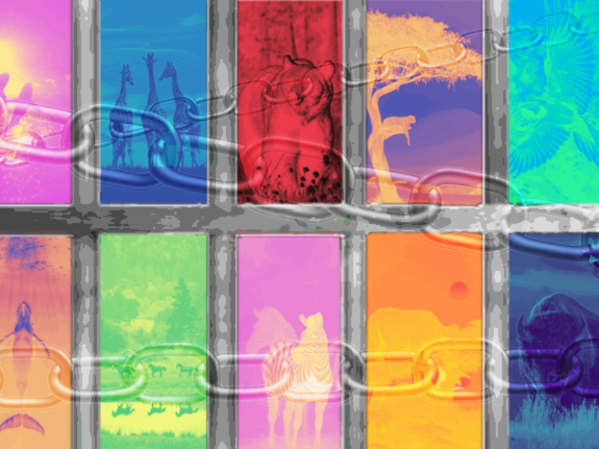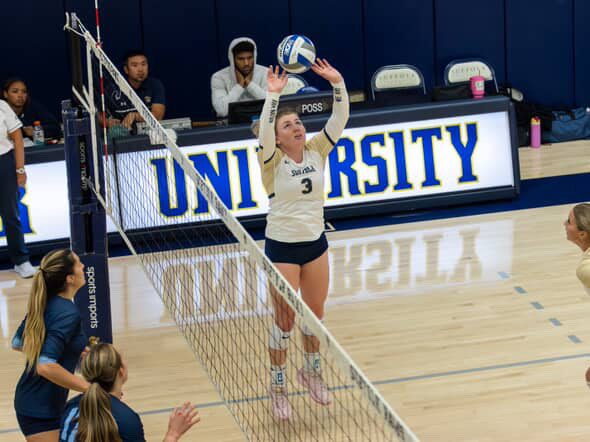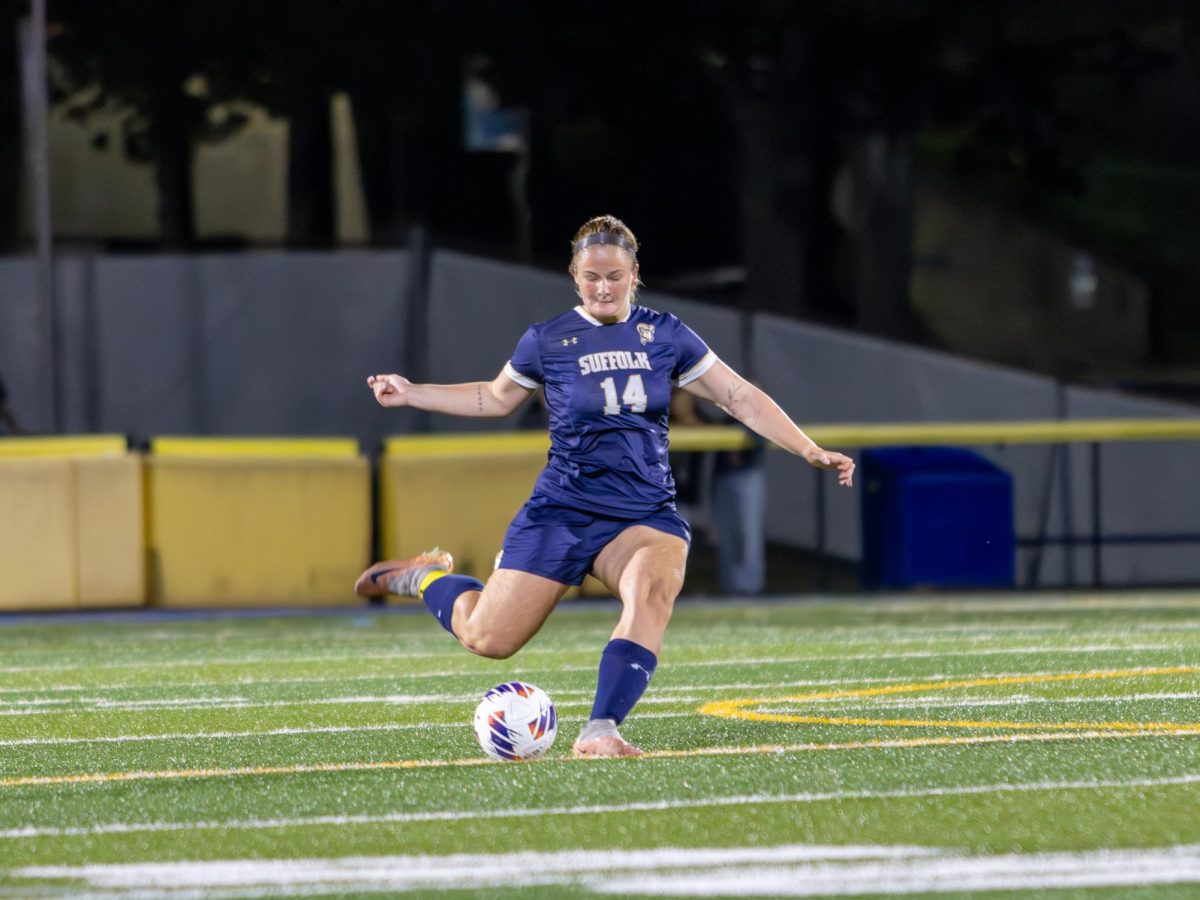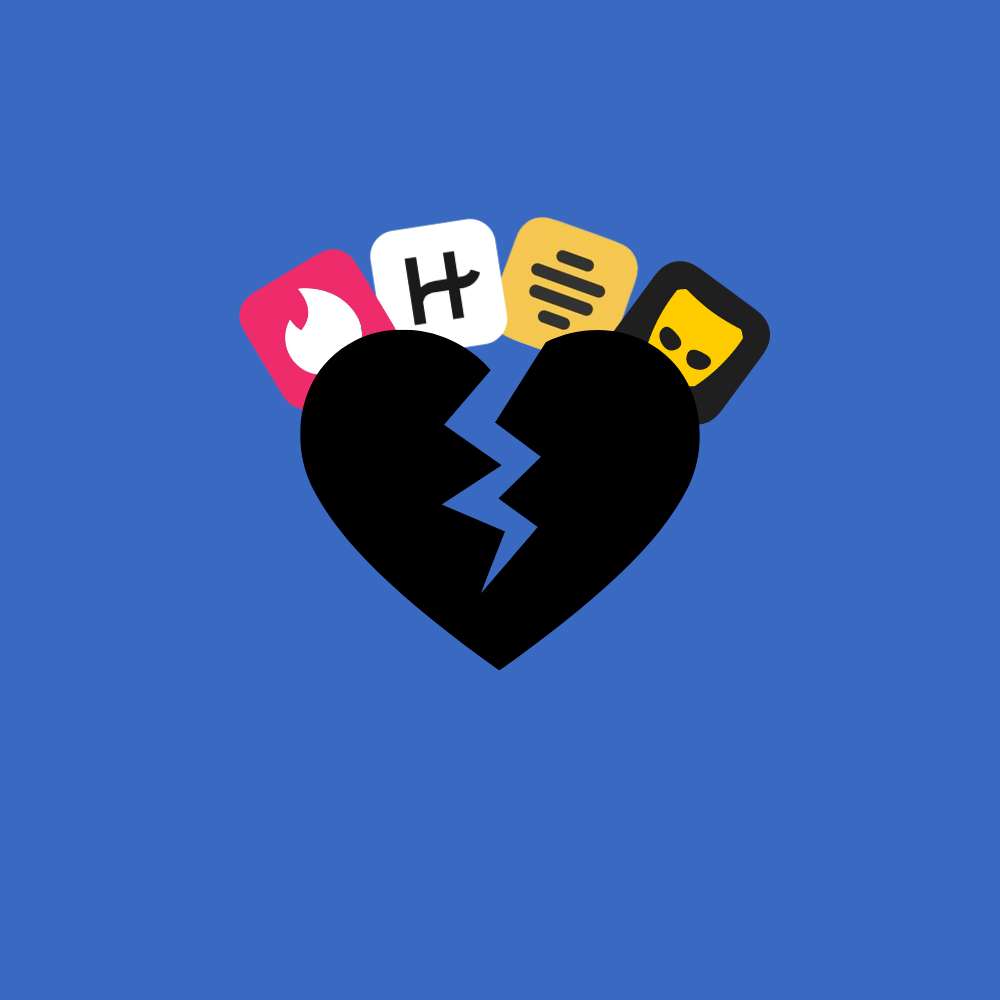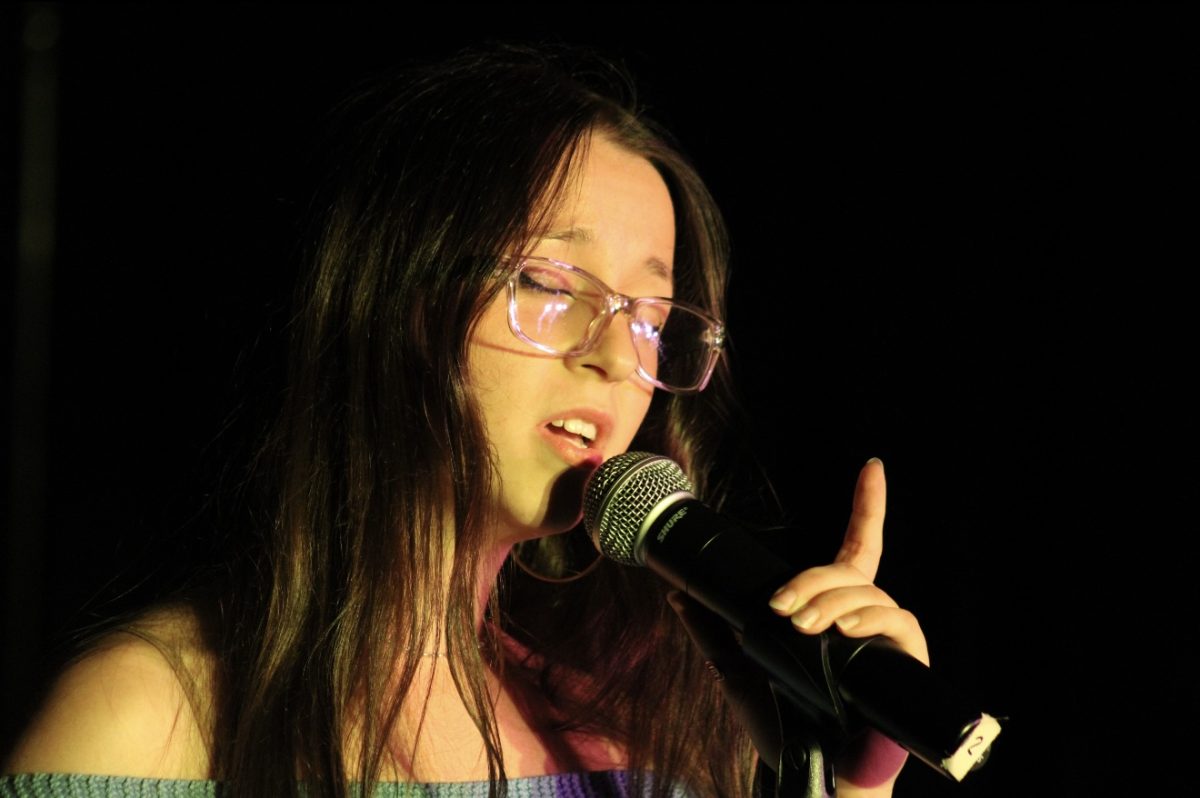Our Bodies Ourselves signed to operate exclusively out of Suffolk University Feb. 11. The signing brought many people, including Suffolk University President Marisa Kelly, students who have worked for OBOS from Suffolk and Tufts University and founding member of OBOS, Judy Norsigian.
The organization was founded in 1969 at Emmanuel College by a community of women who came together to share their experiences with sexism. The group realized that the lack of information provided to them about their own bodies and health was stunting the equality of women.
OBOS is all about education and advocacy. They help women and gender expansive individuals understand sexual health and their own bodies. In a post Roe v. Wade era, the group finds it of the utmost importance to inform others; for how are people supposed to defend and protect something they don’t fully understand.
Before the digital age, OBOS was one of the first organizations to release books exclusively about women’s health and rights. In 1973, OBOS signed with Simon and Schuster, a mass market publishing company. 225,000 copies were sold before 1974 and millions have been sold since in 33 different languages.
OBOS talks about a variety of topics to help people better understand and protect themselves — from abortion, contraceptives and menstrual guidance to sex, pregnancy and menopause.
Paper copies were stopped in 2018 and the organization moved online. At Suffolk, students and OBOS program director Laura R. Prieto have been tasked with running the website and social media. As a group they also run events for involvement and exposure.
OBOS has been working with Suffolk since 2012 when the school took over operations for the website. The nonprofit was looking for a host and had been in contact with 40 institutions but none of them were a fit for OBOS quite like Suffolk. Now, Suffolk completely runs OBOS’ website, social media and international affairs — which includes several translations.
Judy Norsigian, a founding member of the organisation, gave insight during the Signing ceremony’s reception to the relationship between Suffolk and OBOS.
“We approached about 40 institutions…none of them were really equipped to take on every aspect of what we do. Global advocacy, the website, translation adaptations. It was only Suffolk and the center for Women’s Health and Human Rights whose mission was already global”
The staff at OBOS work tirelessly to portray feminist activism in a way that builds and educates a new generation. The students involved with the organization at Suffolk are given important tasks that benefit OBOS. They check for reliable sources, make sure the website is adequate and foster a healthy work environment.
Brynn Buckley, a sophomore sociology student working for OBOS, said hearing about shared experiences at events is one of the reasons she enjoys her job..
“I remember listening to one person speak about their experiences with mental health and I remember calling my mom after and just being like “mom I just felt so heard,”” said Buckley.
“I love working here. Every time I come in, I am learning something new,” said senior public relations major Briar Emeney.
When Norsigian asked the student staff about working with OBOS in a post Roe v. Wade era, the students were quick to respond.
Emeney has found comfort in working for OBOS. “The biggest upside with everything happening is finding community,”said Emeney.
To any woman or gender expansive individual who is interested in educating themselves or getting answers to questions they might feel uncomfortable asking, OBOS is at Suffolk in the Center for Women’s Health & Human Rights, located on the 7th floor of 73 Tremont Street building or find them online at ourbodiesourselves.org.


